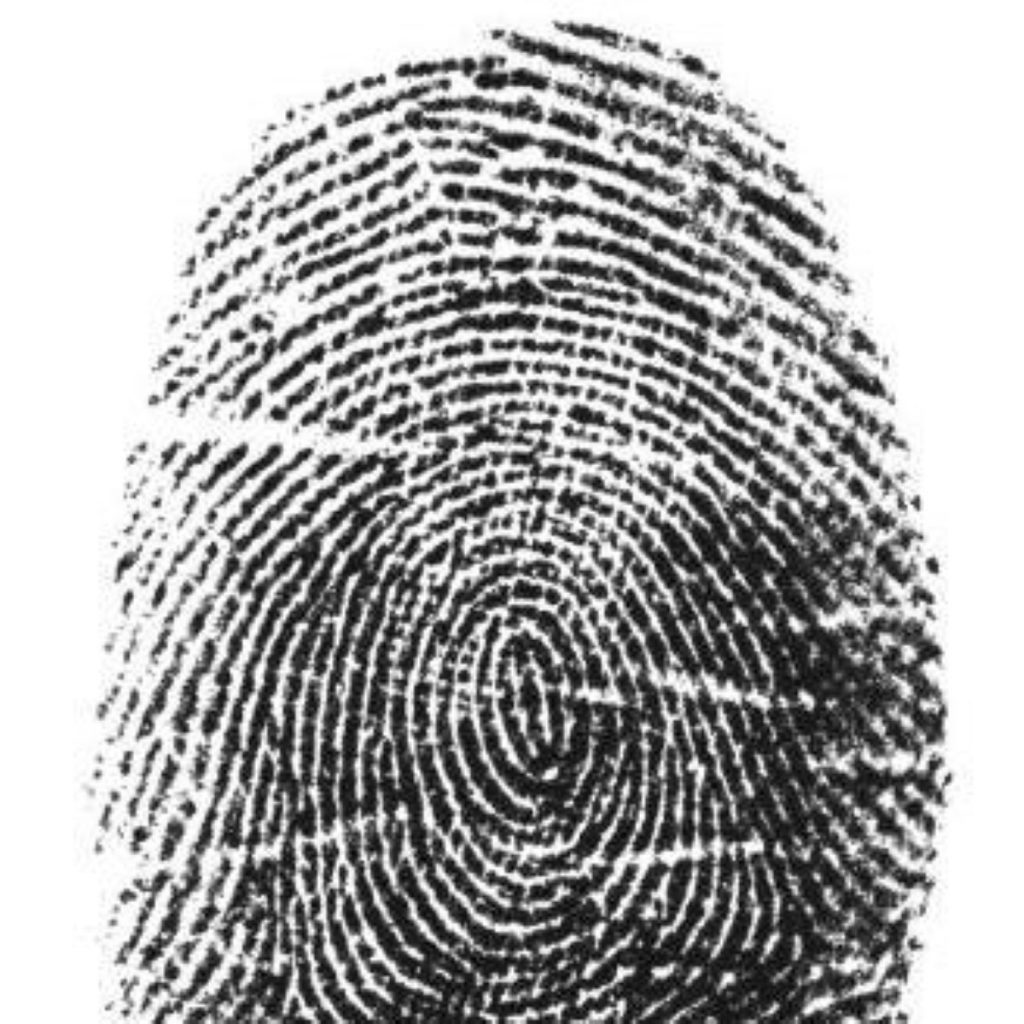Crunch time for the DNA database
By Ian Dunt
The new face of Britain’s DNA database will be put up to public consultation today, as the Home Office responds to court judgements demanding innocent people have their profiles removed.
The home secretary has worked on a new set of rules for the database since the European Court of Human Rights ruled it illegal for two innocent British men to have their DNA and fingerprints retained.
The government is following the wording of the ruling, but has insisted on innocent people’s DNA being kept for six years – angering civil liberty campaigners.


“I have real sympathy for all those victims and victims’ families who have concerns that any move could undermine a system that helped trap murders and rapists,” Jacqui Smith said today.
“These new proposals will ensure that the right people are on it, as well as considering where people should come off.”
But opposition parties and civil liberty groups expressed outrage at the government’s response.
“Once again, the Home Office is fighting an undignified rearguard action designed to give as little as possible in response to the ruling of the European Court of Human Rights,” said Lib Dem home affairs spokesman Chris Huhne.
“Today’s announcement is nowhere near good enough. Jacqui Smith must not be allowed to get away with anything short of immediately removing all innocent people from the database, except those accused of a violent or sexual offence.”
Shadow home secretary Chris Grayling said: “The government just doesn’t get this. People in Britatin should be innocent until proven guilty.
“Ministers are just trying to get away with as little as they possibly can instead of taking real action to remove innocent people from the DNA database. It’s just not good enough.”
The consultation includes plans to:
- Destroy all DNA samples like mouth swabs, hair or blood as soon as they are converted into a profile
- Automatically delete profiles of those arrested but not convicted of serious violent or sexual crimes after 12 years
- Automatically delete profiles of those arrested but not convicted of all other crimes after six years
- Retain indefinitely all DNA profiles and fingerprints of those convicted of a recordable offence
- Remove profiles of young people arrested but not convicted or convicted for less serious offences as a teenager when they turn 18
- Change the law to retrospectively add all serious violent and sexual criminals who were convicted before the DNA database was established, including those who are now back in the community
- Change the law to allow the police to take DNA from those who were convicted of serious violent and sexual crimes abroad upon their return to the UK
- Keep fingerprints for those arrested but not convicted of serious violent or sexual crimes for 12 years, and six years for all other crimes, before automatic deletion.
Police argue the database is an invaluable tool in catching criminals, citing the 390,000 crimes matched with DNA between April and September 2008.
But civil liberties activists question why it took a court decision to force the government to remove innocent people’s DNA in the first place, saying the home office was engaged in creating a universal database by stealth.
The UK database is by far the largest in the world, containing the details of seven per cent of the population, including 1.1 million children.









